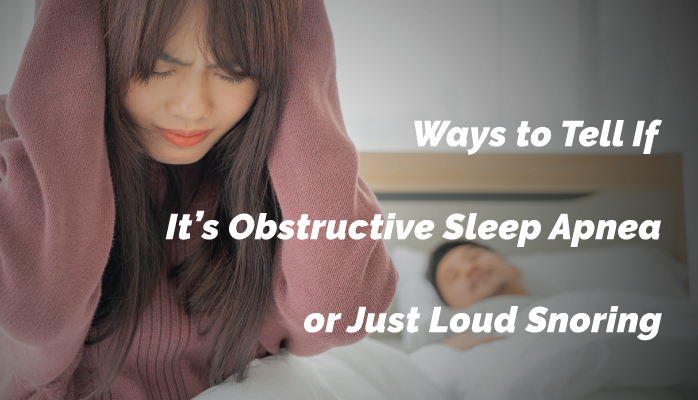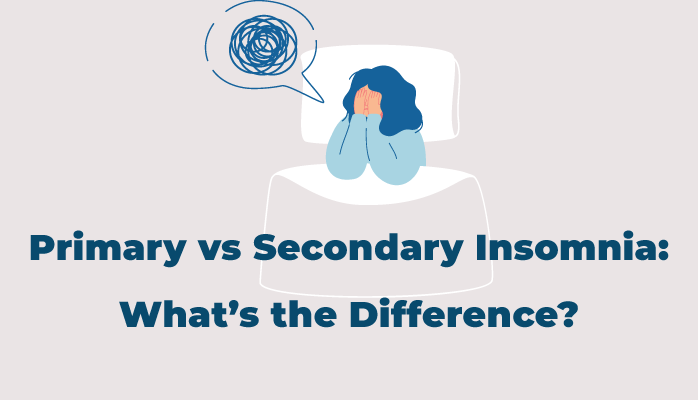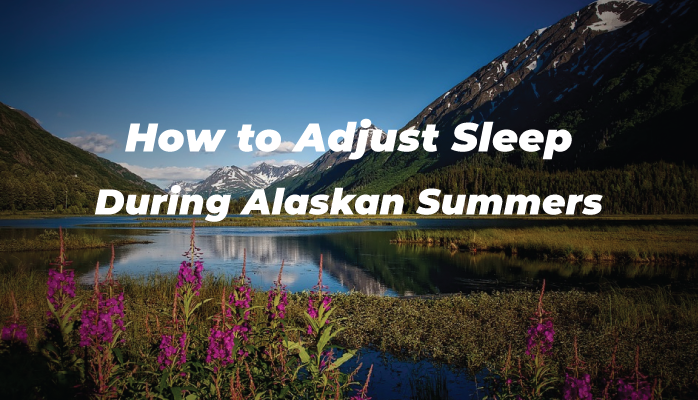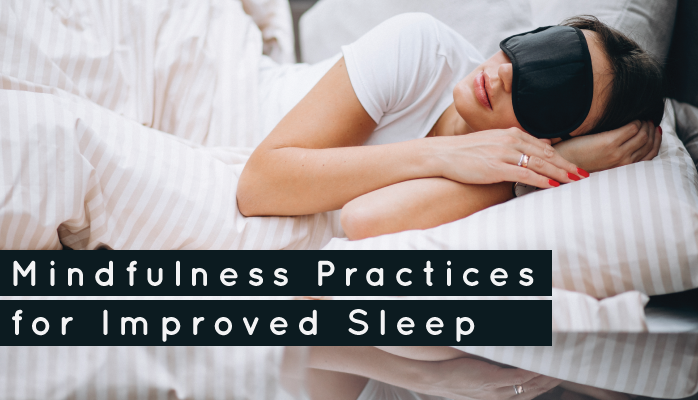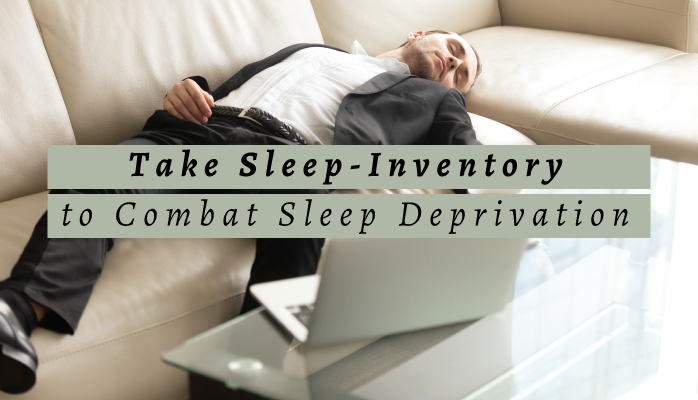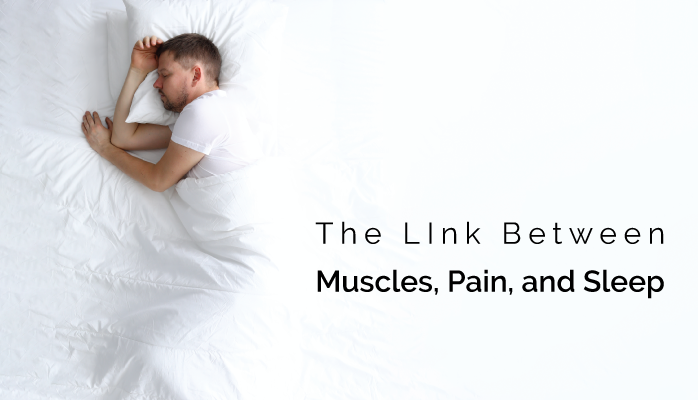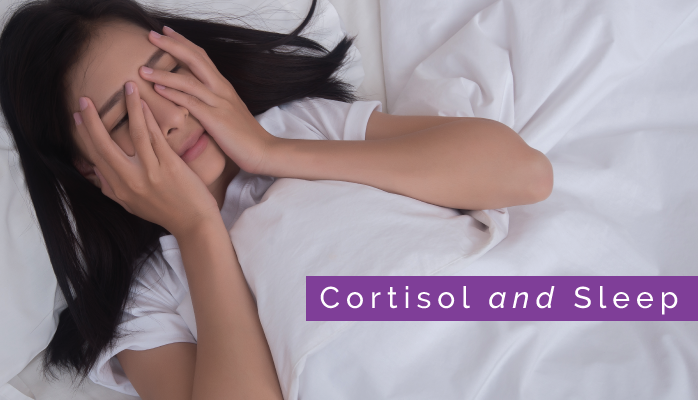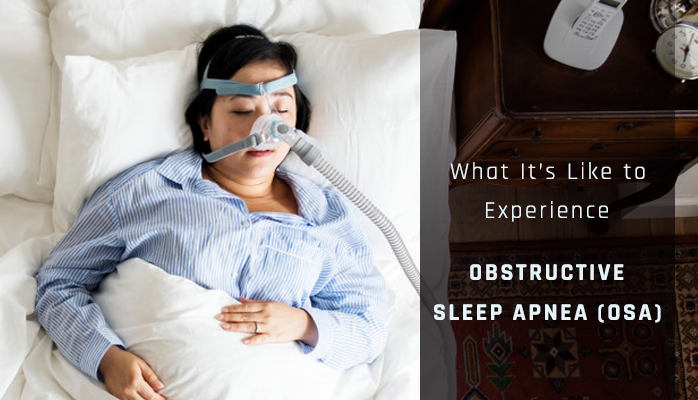Importance of Just Snoring vs Obstructive Sleep Apnea
Chronic, loud snoring may be a bigger personal problem than just a nuisance for other people who have to listen to your nightly nasally noises. In other words, while their sleep might be disrupted, your snoring might be caused by a medical condition called sleep apnea, which can have significant health consequences. Or, maybe you are just a loud, chronic snorer.
Knowing the difference and telltale signs between loud snoring and sleep apnea is important, as identifying the potential problem underlying your chronic snoring is the first step to getting healthy again.

